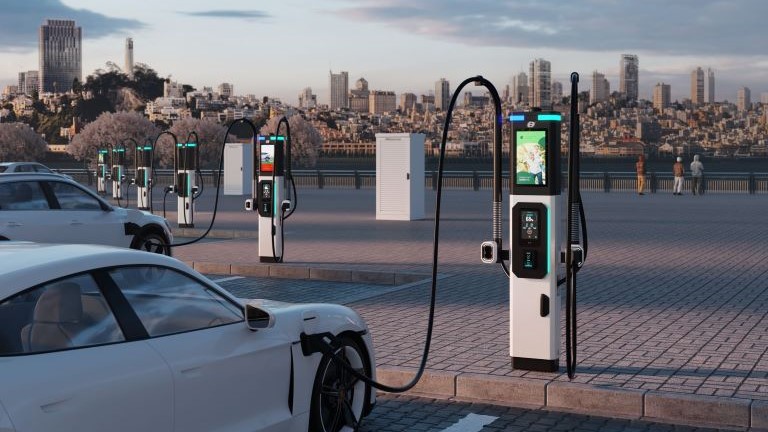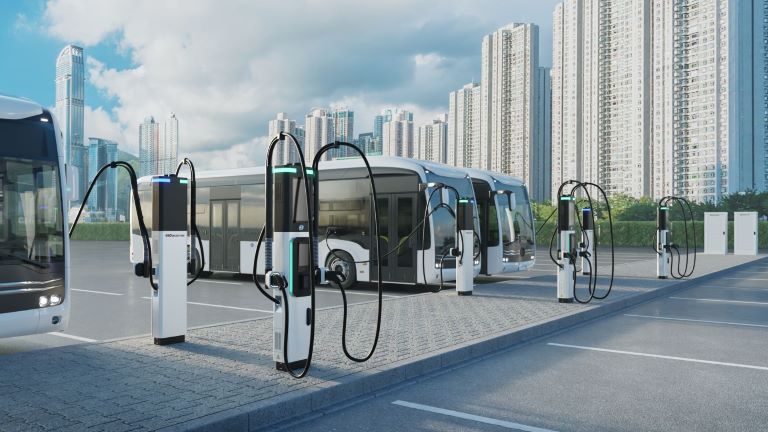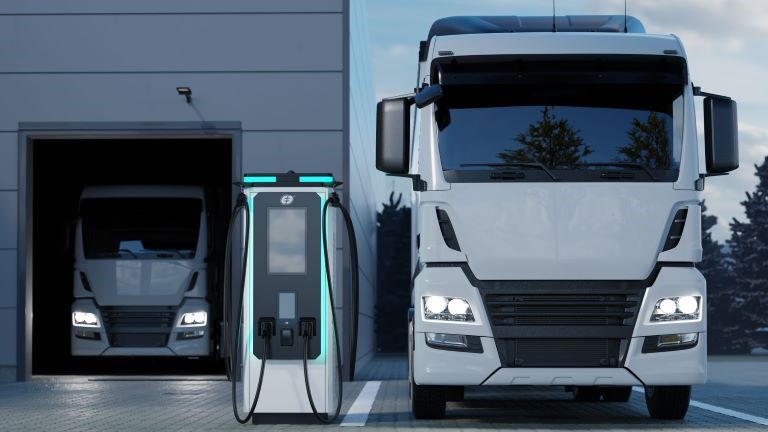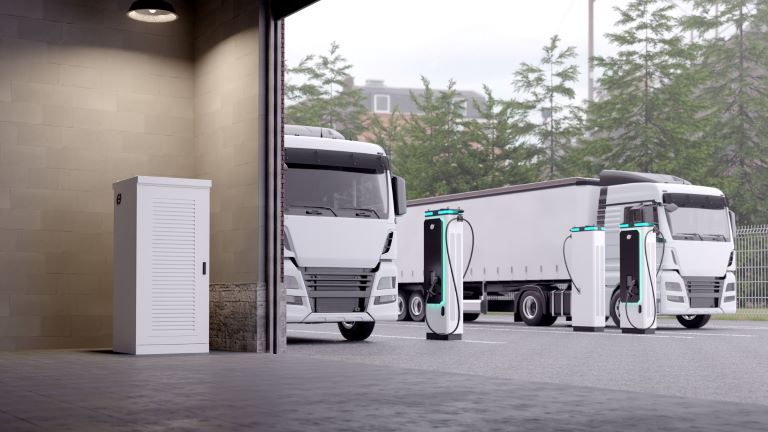
With nearly 3.2 million new electric cars registered in Europe in 2023 alone, the transition to electric mobility is accelerating at an unprecedented pace. As more drivers switch to EVs, from compact city models to long-range cruisers, one question remains at the forefront: "How long will my battery last?"
The lifespan of an EV battery is a crucial factor in the overall value and performance of these vehicles. In this guide, we'll demystify EV battery life, exploring the factors that influence longevity and providing practical tips to keep your electric vehicle running smoothly for years to come.
Whether you're a seasoned EV owner or considering making the switch, understanding battery health is key to maximizing your electric driving experience.
What Is Typical EV Battery Lifespan
When it comes to the lifespan of EV batteries, the news is generally positive. Most EV manufacturers design their batteries to last for a significant portion of the vehicle's life. But what exactly does that mean in terms of years or kilometers?
Manufacturer Estimates
Many EV manufacturers offer battery warranties that provide insight into their expected lifespan. The standard battery warranty in Europe is typically 8 years or 160,000 kilometers, whichever comes first.
However, some manufacturers are even more confident in their battery technology. For instance, Hyundai offers a 10-year or 160,000-kilometre warranty on their EV batteries for models from 2020 onwards.
Real-world Data
While warranties offer a baseline, real-world data provides a more accurate picture of battery longevity. A study of the Recurrent community, which includes around 20,000 EV drivers, offers some encouraging insights:
- For EVs manufactured from 2016 onwards, less than 1% have required battery replacements.
- Even for older EVs (2015 and earlier), only about 13% have needed battery replacements.
These figures suggest that EV batteries are outlasting many initial predictions, with the vast majority still going strong even after several years of use.
Factors Affecting Battery Life
The longevity of an EV battery isn't solely determined by its age or the distance driven. Several interconnected factors play crucial roles in determining how long an electric car battery will last.
- Driving Habits: Aggressive acceleration and frequent high-speed driving can put more strain on the battery.
- Charging Practices: How you charge your electric car can significantly impact battery health. For example, frequently charging to 100% or letting the battery drain completely can accelerate degradation.
- Climate Conditions: Battery performance can be affected by extreme temperatures. In colder regions of Europe, such as Scandinavia, EV owners might notice temporary reductions in range during winter months.
Battery Degradation: What to Expect
As with any rechargeable battery, electric car batteries will gradually lose some of their capacity over time. This process is known as degradation.
The Degradation Process of Electric Car Batteries
Battery degradation typically follows an S-shaped curve. When a battery is new, there can be some noticeable degradation as it settles into its steady state. After this initial period, there's usually a long phase of slow, linear aging. Eventually, there may be a sharper decrease when the battery nears the end of its useful life.
Impact on Driving Range and Performance
Battery degradation directly affects an EV's driving range. For example, if your EV initially had a range of 300 kilometers and the battery has degraded to 90% of its original capacity, your new maximum range would be around 270 kilometers.
It's worth noting that this gradual reduction in range is often barely noticeable in day-to-day driving, especially for drivers who don't regularly push their EVs to the limit of their range.
Battery Warranties in Europe
As electric vehicles become more prevalent, manufacturers are increasingly competing not just on range and performance but also on the longevity and reliability of their batteries. Most major EV manufacturers offer comprehensive battery warranties, but the specifics can vary.
Standard Warranty Terms
As mentioned earlier, the standard battery warranty in Europe is typically 8 years or 160,000 kilometers. However, it's important to note what exactly is covered under these warranties.
What's Covered and What's Not
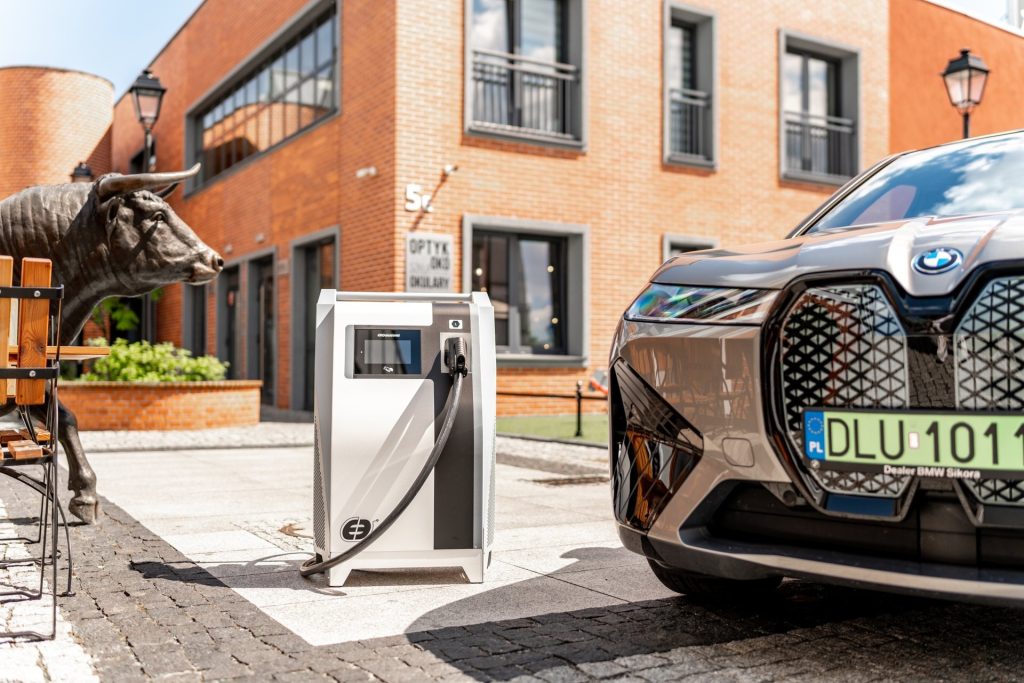
Most warranties guarantee that the battery will retain a certain percentage of its original capacity over the warranty period. For example:
- Tesla guarantees that the Model 3 Standard Range battery will maintain at least 70% of its original capacity for 8 years or 160,000 kilometers.
- Hyundai offers a more generous warranty for their newer EVs, guaranteeing 70% capacity retention for 10 years or 160,000 kilometers.
It's crucial to understand that these warranties typically cover defects in materials and workmanship but may not cover degradation caused by normal use.
Comparison Across Brands
While most European EV brands offer similar warranty periods, the specifics can differ:
- Some brands, like BMW, offer an 8-year/160,000 km warranty but don't specify a capacity retention percentage.
- Others, like Volkswagen, offer an 8-year/160,000 km warranty with a guaranteed 70% capacity retention.
Always check the specific terms for your EV model, as they can vary even within a brand's lineup.
How to Extend Your EV Battery's Lifespan
While EV batteries are designed for longevity, there are steps you can take to maximize their lifespan. By adopting good habits and understanding the factors that affect battery health, EV drivers can ensure optimal performance and value from their vehicles for years to come.
Best Practices for Charging
Charging habits play a crucial role in maintaining battery health:
- Optimal Charging Levels: For daily use, it's generally recommended to keep your battery charge between 20% and 80%. This range minimizes stress and, consequently, makes your battery last longer.
- Smart Charging: Take advantage of smart charging features if your EV or home charger offers them. These can help you charge during off-peak hours, which can be both cost-effective and better for the grid.
- Temperature Management: When possible, charge your EV in a temperature-controlled environment. Extreme heat or cold during charging can affect battery performance and longevity.
Driving Habits That Promote Battery Health
Your driving style can have a significant impact on battery health. Here are some habits to cultivate:
- Avoid aggressive acceleration and harsh braking when possible.
- Use regenerative braking to help recharge the battery while driving.
- Plan your routes to avoid completely depleting the battery.
Climate Considerations
Climate can significantly impact battery performance and longevity. In colder regions:
- Park in a garage or sheltered area when possible to protect the battery from extreme cold.
- Pre-condition your EV while it's still plugged in to warm up the battery before driving.
On the other hand, if you are in warmer climates:
- Avoid leaving your EV in direct sunlight for extended periods.
- Use scheduled charging to avoid charging during the hottest parts of the day.
When to Consider Battery Replacement
Despite the longevity of most EV batteries, there may come a time when replacement is necessary.
Signs That Your Battery May Need Replacement
While gradual capacity loss is normal, certain symptoms may indicate more serious issues with your EV's battery:
- A significant and sudden drop in driving range
- Difficulty holding a charge
- Noticeable decrease in performance
Cost Considerations
Battery replacement can be expensive, typically ranging from €5,000 to €15,000, depending on the model. However, as battery technology improves and production scales up, these costs are expected to decrease over time.
It's worth noting that many battery issues are covered under warranty, so always check your warranty status before considering a replacement.
Conclusion
The lifespan of EV batteries has proven to be impressively long, often outlasting initial expectations. With proper care and maintenance, most European EV drivers can expect their batteries to last for many years and hundreds of thousands of kilometers.
As battery technology continues to advance, we can expect even longer-lasting and more efficient batteries in future EV models. For current and prospective EV owners, understanding battery lifespan and best practices for maintenance can help ensure a positive, long-term electric driving experience.
Ready to maximize your EV battery's lifespan? At Ekoenergetyka, we offer smart charging solutions designed to optimize battery health. Our experts can help you choose the right charger to keep your EV running efficiently for years to come. Contact us today to learn more about our battery-friendly charging options.
